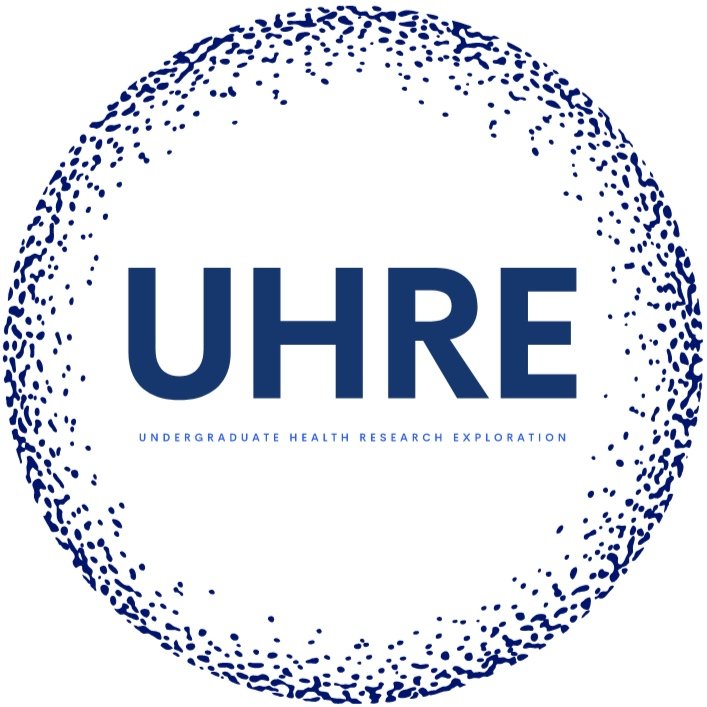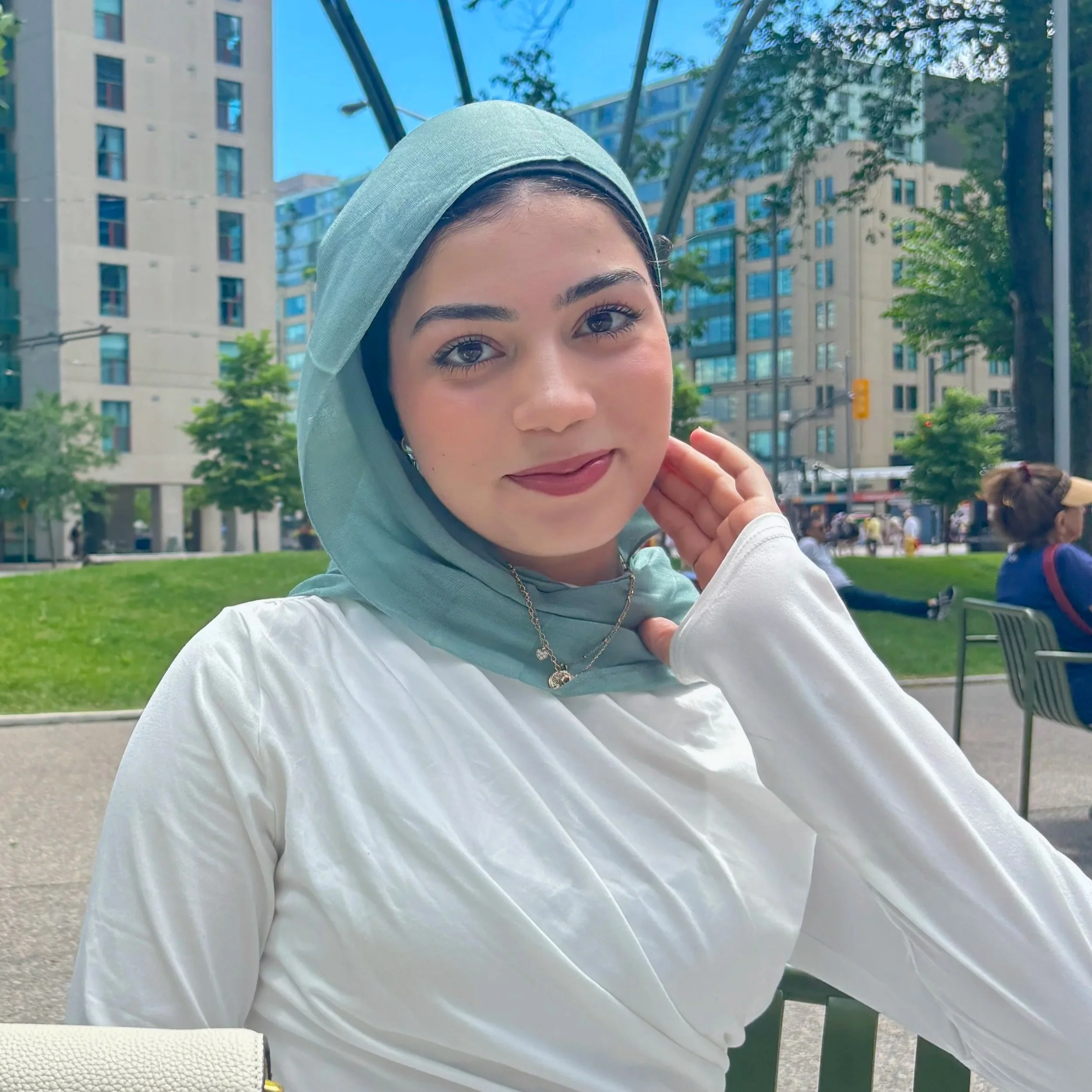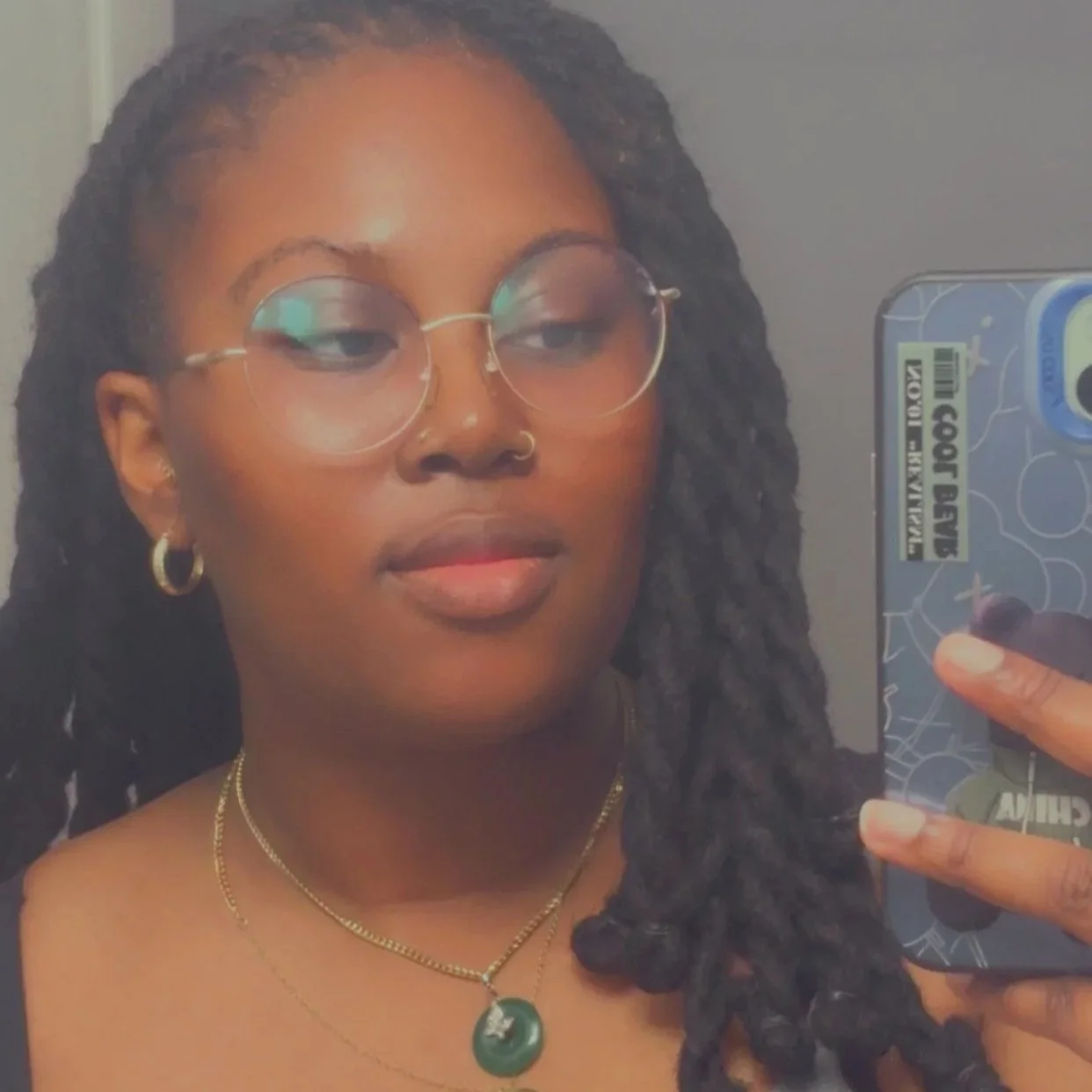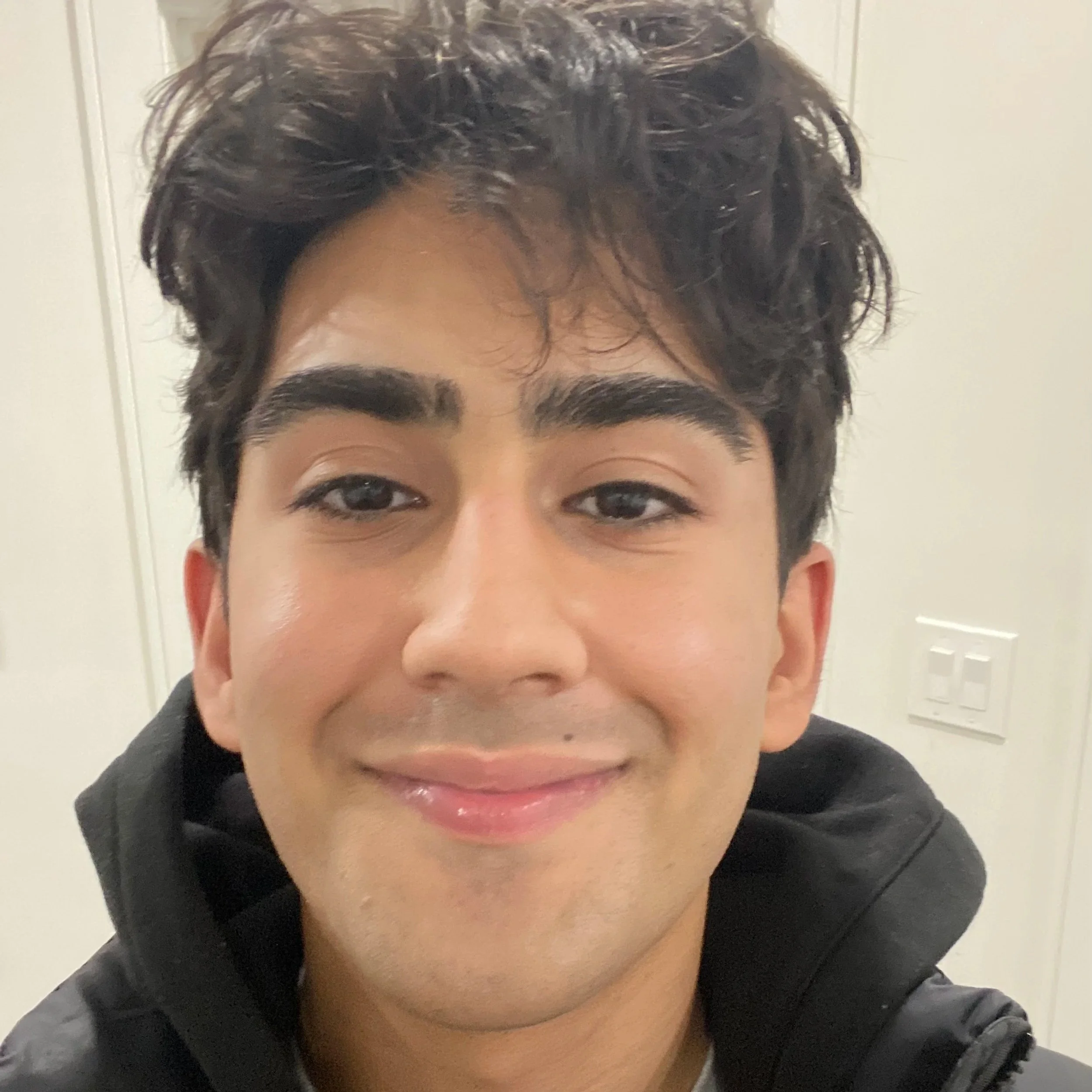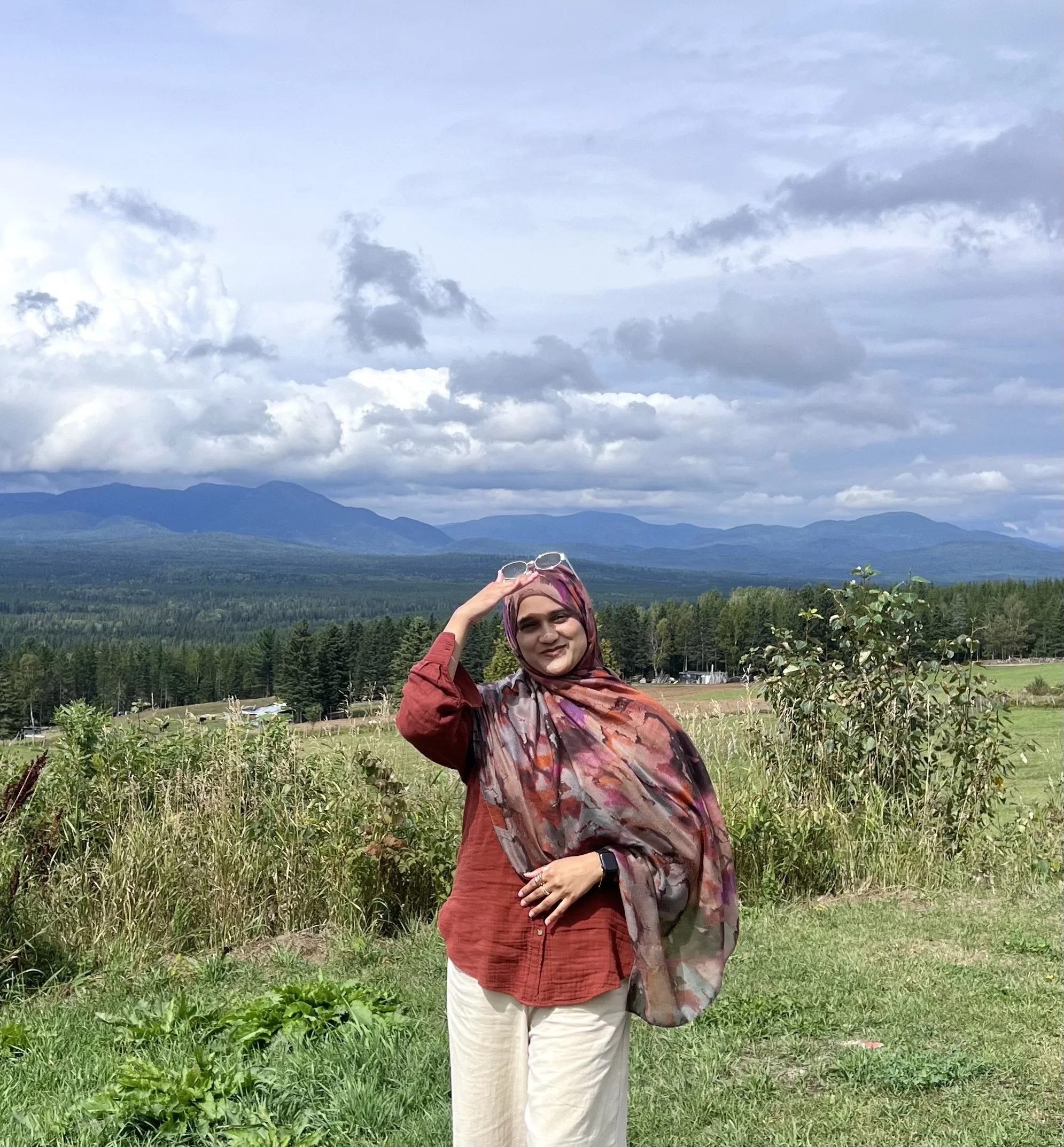UHRE
Research Mentorship Program (URMP)
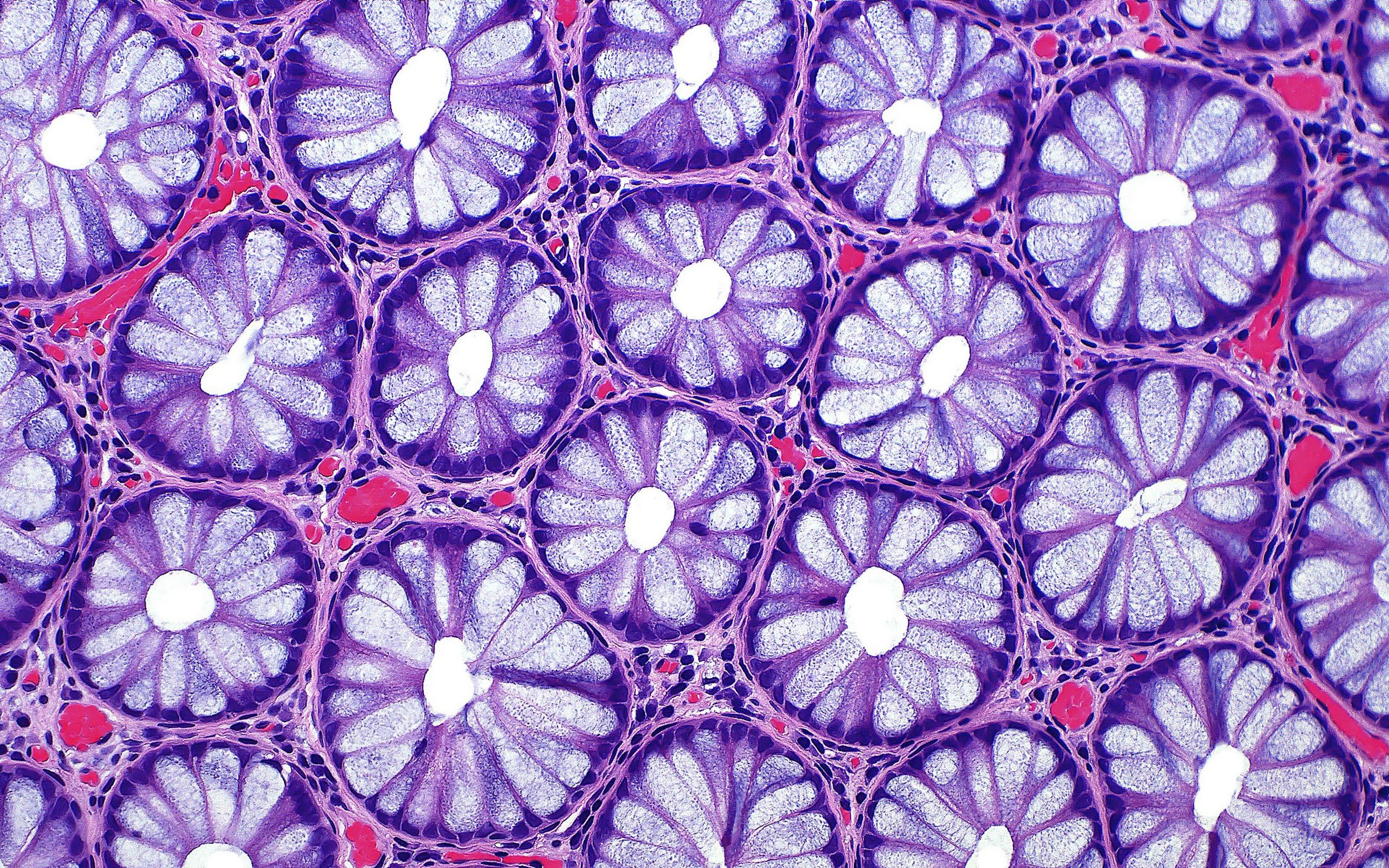
The UHRE Research Mentorship program (URMP)
URMP is a collaborative initiative that matches students interested in research involvement with experienced undergraduate researchers to provide support throughout their journey in finding, applying, and successfully completing a research position. Prospective students can Register for URMP, and receive support in applying to research volunteering, credit, and employment roles both on- and off-campus. Matches are on a first-come, first-serve basis.
Application Process
Review the list of current Research Mentors available for matching (below).
Submit an application with your information and requested mentors.
Match with your Research Mentor and have an Exploratory meeting to discuss goals and preferences for your ongoing mentorship for the duration of the year.
Receive ongoing support and access to resources, as well as priority news for upcoming opportunities.
Mariam Jasim
4th Year Biology
-
I am completing my fourth-year thesis on carotenoid extraction from microorganisms, focusing on enhancing carotenoid production. Carotenoids are important for their antioxidant and health benefits, and I’m motivated by contributing to research that still needs more answers and fresh perspectives.
-
I’m most interested in research areas that are underexplored or overlooked. I enjoy taking on projects where the gaps are clear, where people often say, “this hasn’t really been studied yet.” The idea of contributing to work that still needs answers motivates me, especially when I can bring fresh perspective or help develop new directions that others haven’t fully considered.
-
I enjoy cooking my own meals and staying active through regular exercise.
Sadra Toossi
3rd Year Global Health
-
I’ve supported research in climate-health, eHealth, and musculoskeletal health, contributing to literature reviews, evaluation tools, and community-focused program development through lab and institute projects.
-
I love research because it allows me to ask meaningful questions and turn evidence into impact. It helps me understand health challenges deeply and work toward solutions that improve accessibility, care, and well-being.
-
I love music, and I teach piano at the Royal Conservatory of Ontario. I enjoy it because the piano lets me relax, express myself, and help others find joy in music too.
Shori-Anne Clarke
2nd Year Psychology
-
I volunteered as a researcher with the Toronto District School Board, examining the mental health of Black students in relation to racism and academic discrimination. My work focused on the psychological effects of systemic barriers, including marginalization, reduced self-esteem, and academic disengagement.
-
I enjoy psychological research because it provides valuable insight into human thought, emotion, and behavior. It also enables me to better understand and address mental health challenges, ultimately supporting individual and community well-being.
-
Journaling, skateboarding, watching anime, sketching, and trying new activities
Ava Silva
3rd year Kinesiology & Health Science
-
Neuromuscular physiology and fatigue. As a Research Assistant, I am supporting a study investigating carbohydrate types and neuromuscular fatigue. Additionally, I am conducting an independent study on GLP-1 receptor agonists and their effects on muscle mass, strength, and fatigability.
-
It promotes critical thinking and allows me to apply knowledge toward improving health and performance.
-
I enjoy baking and going to the gym.
Ana Sanchez Morales
4th Year Psychology
-
I'm a Research Assistant in the Cognitive Neuroscience & Neurointervention Lab (CNN Lab). Interests: I’m interested in each of criminal behavior, neuropsychological disorders, and severe mental illness, as well as their interconnections.
-
I see research as an opportunity to explore and learn about the unknown. It allows us to challenge not only others' beliefs but also our own, leading to personal growth and a deeper understanding of ourselves and the world around us.
-
I'm a cat lover who’s always up for a new adventure, meeting new people, and cracking codes in escape rooms
Arad Sabzvari
4th year Kinesiology & Health Science
-
I am currently investigating how concussion and whiplash injuries alter neuroendocrine and physiological mechanisms regulating cerebral blood flow. In addition, I have a strong interest in developmental psychology, particularly in understanding how early-life experiences shape cognitive, emotional, and behavioral outcomes.
-
I am drawn to research because it allows me to think creatively, ask meaningful questions, and contribute to something bigger than myself. In my current work on concussion and whiplash injuries, I am excited by the opportunity to uncover new insights into how these injuries affect cerebral blood flow through physiological and hormonal pathways. Beyond this, I see research as a way to push boundaries, discover what has not yet been found, and create knowledge that can positively impact people’s health and well-being.
-
A fun fact about me is that I enjoy playing the piano.
Noorul Huda
3rd year Psychology
-
Cognitive neuroscience, memory, and the impact of technology on behavior.
-
Research helps me contribute to knowledge that can improve people’s lives.
-
I love coffee and trying new cafés.
Onisa Chowdhury
4th year Life Science and Psychology double major
-
Hi everyone! I am a Research Assistant at the Neurocognition and Behavior Lab at York University. I have currently worked on a research project focused on early detection of Parkinson’s Disease with STEM Fellowship. I am interested more in clinical psychology, with a focus on mental health and developing supportive resources for mental health patients.
-
I am interested in research because it allows me to explore new ideas, answer important questions, and contribute to solutions that can make a positive and real impact. It also helps me build valuable skills through hand-on-experience and prepare for future academic and career goals.
-
I love thrilling experiences like bungee jumping, skydiving, mountain hiking and nature. I also love travelling a lot!
Our Mentorship Services
Finding your Research Interest
Discovering your research interest is an important part of the process. Students who know what field they are interested in are better prepared to seek and successfully apply to their top research programs. Each field is unique in its methodology; ‘wet’ labs involve traditional beachside experiments, while ‘dry’ labs are more clinical and epidemiological—our Research Mentors can help make sense of it all, and find what suits you!
Cover Letter Editing
Many of the formal research opportunities require students to submit a Cover Letter as part of the application for their research position. These letters outline your motivation, fit, and value to the prospective supervisor, and is used as a way to find the students they wish to interview. Writing a good cover letter can be foundational to securing a research role.
Interview Tips & Practice Sessions
You’ve made it through the gates with one foot in the door; the final stage of the process is the interview. Interviews for research position can be quite different from your typical job interview. Supervisors can be highly specific in what they’re looking for, and questions may likewise be different from the traditional interview. URMP provides in-house resources that can help you practice from our set of pre-made interview questions based of our own Research Mentor’s past interviews, and provide feedback during one-on-one practice session
Searching for Opportunities
There exist many formal and informal channels through which students can get involved in research. Access to information is often through word-of-mouth, making it difficult for new students to find and navigate the different sources of opportunities that are available to them. Our Mentors are well-connected and can act as a gateway to the different opportunities that exist!
CV/Resume Templates & Critique
Our Research Mentors have insights on what potential research supervisors are looking for when reviewing your CV or Resume. Often, this might be the first place a supervisor looks to, before all other aspects of your application. URMP provides access to our in-house CV/Resume templates, and can help you overcome this step of the process!
Ongoing Support in Your Role
The best part about research is the many exciting challenges that you will have the privilege of learning from. Our support does not once you’ve landed a position. URMP Mentees are welcome to remain in touch with their Research Mentors for any ongoing advice or questions they may have. As Research students ourselves, we know how valuable it is to have a support network outside of our work!
Email writing & Application Support
Once you’ve found an opportunity that resonates with you, students must reach out and show they are available and willing to take on the role to their prospective supervisors. Often, students have to email dozens of individuals to find a supervisor willing to take them in. Maximizing your odds requires a well-tailored, professional application that makes you stand out as a high-quality applicant!
Networking
Our mission is to help as many students as possible overcome barriers to entry in research and academia. One disparity that exists among students is access to a robust and productive network than can provide information about opportunities and areas of interest. Our mentees can have access to such networks through our community of mentors to overcome this challenge!
